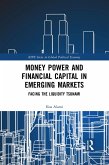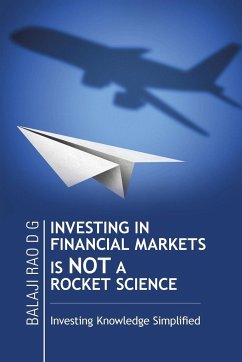What are the real, macroeconomic risks that drive asset prices? This question is centrally important to macroeconomics. Where better to learn about the risks of recessions and depressions than by understanding the prices of assets such as stocks that carry macroeconomic risks? The question is also at the core of finance. For example, finance has long wondered if asset prices are "rational" or not. The only meaning of that term is whether asset prices are properly connected to macroeconomic risks. Financial Markets and the Real Economy reviews the current academic literature on the macroeconomics of finance. It starts by collecting the important facts such as the equity premium, size and value effects, and the predictability of returns. It then reviews the equity premium puzzle, which is the most basic challenge to the connection between asset prices and macroeconomics. Next, it surveys the current state of consumption-based models, and some of their surprising recent successes. It covers production and general-equilibrium models that tie asset returns to more cyclically important output and investment. Finally, it surveys the potential importance of labor income and idiosyncratic risk in understanding asset markets. This is the most current and comprehensive review on the subject and will be of interest to both macroeconomists and financial economists. 1. Introduction; 2. Facts: Time-Variation and Business Cycle Correlation of Expected Returns; 3. Equity Premium; 4. Consumption Models; 5. Production, Investment and General Equilibrium; 6. Labor Income and Idiosyncratic Risk; 7. Challenges for the Future; References
Bitte wählen Sie Ihr Anliegen aus.
Rechnungen
Retourenschein anfordern
Bestellstatus
Storno








